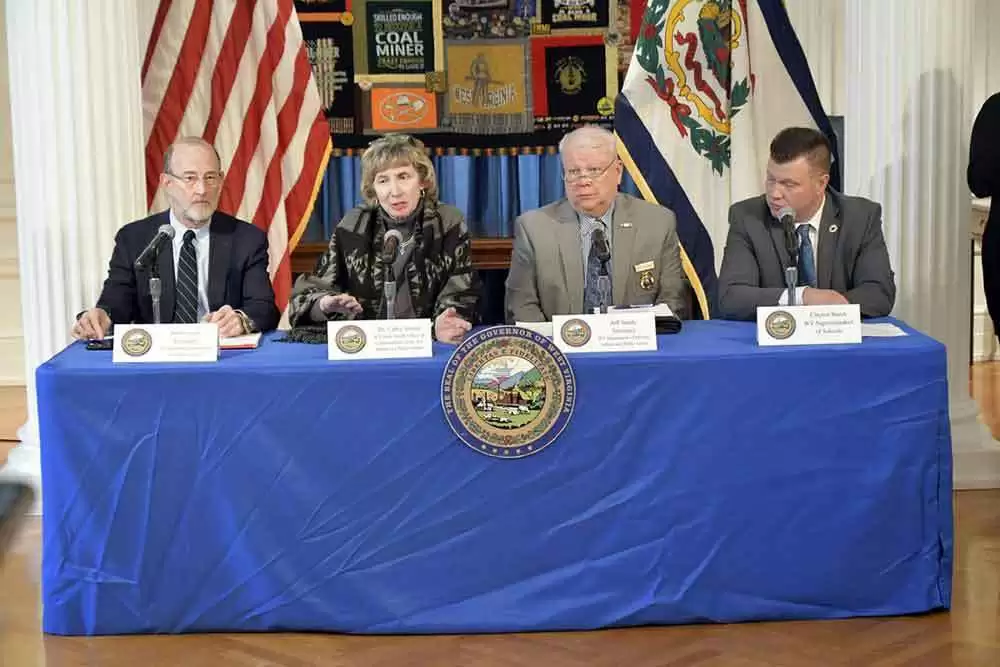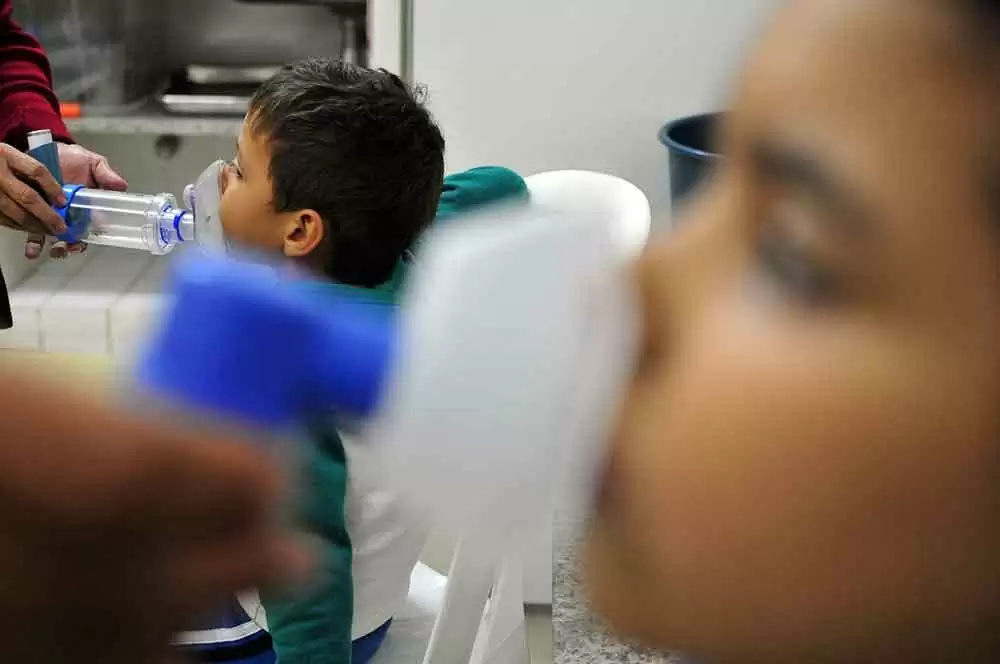
Celiac.com 03/19/2020 - The Covid-19 outbreak has people searching for answers regarding the virus, its symptoms and course, and any risk factors for certain groups. One question we are seeing a lot is: Do people with untreated celiac disease face a higher risk of developing complications with the coronavirus? Should they take extra precautions?
The answers are not totally clear, but in the interest of keeping people with celiac disease informed, healthy and safe, here are some answers to some basic questions, along with some helpful tips for dealing with the Covid-19 outbreak.
Celiac.com Sponsor (A12):
We know that the coronavirus can cause extreme respiratory distress, and pneumonia, especially in the elderly and/or people with compromised immune systems.
According to Wikipedia, "Coronavirus disease 2019 symptoms include fever, cough and shortness of breath. Muscle pain, sputum production and sore throat are less common. While the majority of cases result in mild symptoms, some progress to severe pneumonia and multi-organ failure."
It's true that epidemics of flu and other viruses tend to cause more severe issues for people with pre-existing health conditions. So if you are already sick from celiac disease and could Covid-19 increase the chances you have a more severe case? Could you be at higher risk for pneumonia?
Viral vs. Bacterial Pneumonia
Possibly, but the answers just aren't clear. One main concern is clearly pneumonia. We know that coronavirus can cause severe respiratory distress, and can lead to pneumonia. Now, there are two types of pneumonia: Viral and Bacterial. Without getting too technical, bacterial pneumonia is treated with antibiotics. Viral pneumonia is not treated with antibiotics. People with Covid-19 are mainly coming down with viral pneumonia. That means antibiotics are not helpful.
Higher Pneumonia Risk for Celiac Patients
We also know that people with celiac disease can face higher risk for bacterial pneumonia and hyposplenism. Doctors generally recommend that celiac disease patients receive pneumococcal vaccination, but little has been done to quantify risk levels.
Celiac UK advice to celiac patients points out that up to 30 per cent of people with celiac disease suffer from reduced splenic function, or hyposplenism. This points to a weakness in the immune system that supports the adoption of stringent social distancing measures.
Some Positive News
Some say that people with celiac are not immunocompromised and are not at higher risk for covid-19. Celiac.com forum member LJR1989 shared this helpful link. There's also some good research to show that mucosal healing does not influence the risk of serious infection requiring hospital-based medical attention in celiac patients. There's also a reassuring message from Dr. Andrew Fasano:
No Good Data on Virus Risk in Celiac Patients
However, there just isn't much good research specific to virus risk and celiac disease, and no research specific to Covid-19 and celiac disease, so we can only go by the little we know.
The issue of celiac disease, pneumonia risk and Covid-19 is serious enough to prompt this message from Dr. Benjamin Lebwohl, MD, MS, Director of Clinical Research, The Celiac Disease Center at Columbia University:
QuoteWe have been asked by our patients about whether celiac disease is an 'underlying condition' that may predispose to more severe outcomes. There have been some helpful responses by celiac organizations with an overall reassuring tone. Still, there are theoretical concerns related to the fact that patients with celiac disease have a slightly higher risk of developing zoster and complications from influenza and pneumococcal pneumonia, risks that persist in the long term after adoption of the gluten-free diet. Thankfully, these increases are small in magnitude, far smaller than risk factors such as immunosuppressant use or chronic lung disease.
In the face of uncertainty, we should be studying this. Our group is working to set up an international, web-based registry of celiac disease patients with Covid-19. We will be inviting health care professionals to submit clinical details in a concise and easy-to-input way. The registry will contain only de-identified data.
Here's a Helpful Video on Symptoms and Progression of Coronavirus
https://www.youtube.com/watch?v=H2E1t3yMXgE
Covid-19 Advice for People with Celiac Disease
Take Precautions
If you have treated celiac disease, your risk for coronavirus is probably about the same as any comparable non-celiac. Probably. But, there's just not much good evidence to say for sure. The coronavirus is serious enough, even in healthy people, to be avoided if possible. From a prevention standpoint, if you have celiac disease, even if it's treated, it's probably wise to behave as if you are in a higher risk group, and to take the precautions necessary to avoid exposure to coronavirus, which include isolating yourself from strangers for two to three weeks.
Consider Getting a Pneumococcal Pneumonia Vaccine
The vaccine against pneumococcal pneumonia will help to prevent bacterial pneumonia. This may or may not help if you contract coronavirus, but it's unlikely to hurt, and will be helpful against bacterial pneumonia, which can affect people with celiac disease. For people with celiac disease, it's probably a good idea to get a pneumonia vaccine. The vaccine is currently recommended in the UK for people with celiac disease. Read more about how the Coeliac UK Recommends Pneumonia Vaccine.
It's probably not a bad idea to get a vaccination. It can't hurt, and might help. Check with a doctor for details.
Don't Panic
Celiac disease or no celiac disease, if you do come down with Covid-19, don't panic. If you have celiac disease and get Covid-19, there's no reason to assume you'll be worse off than those without celiac disease. Here's what to do if you believe you've been exposed to the coronavirus, or become sick. People who suspect infection with coronavirus should shelter at home, contact local health officials for information, and seek medical attention as directed.
Covid-19 Topics on Celiac.com Forums
Keep up with the conversation or share information about coronavirus (Covid-19) and celiac disease on the Celiac.com Forum:
Covid-19
Coronavirus More Susceptible to Celiacs?
Covid-19 Resources
Center for Disease Control
UK Health Advice on Social Distancing
This is a developing story. Please share any information in our comments below, or on our forums above.



.webp.8be10dc7844caff4ebcf60d41e396c72.webp)



Recommended Comments
Create an account or sign in to comment
You need to be a member in order to leave a comment
Create an account
Sign up for a new account in our community. It's easy!
Register a new accountSign in
Already have an account? Sign in here.
Sign In Now